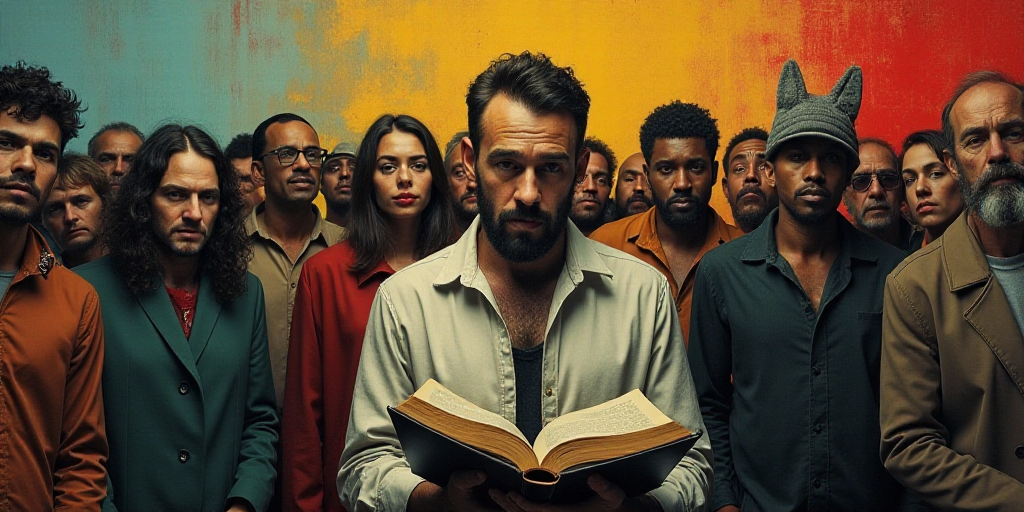Background on the Reform and Its Importance
The Colombian government, led by President Gustavo Petro, has successfully passed its third major reform: the labor reform. After more than two years of deliberation in Congress, the bill was approved in a plenary session of the Senate. The reform now awaits the presidential signature to become law.
Legislative Approval
In the Senate, the reform was approved with 59 votes in favor and 16 against. Meanwhile, the Colombian Chamber of Representatives voted 116 to yes and 2 to no. The Minister of Internal Affairs, Armando Benedetti, and the Minister of Labor, Antonio Sanguino, celebrated the approval following the conciliation between both chambers.
The Final Steps
Now, all that remains is for President Petro to sign the project into law. The president has already confirmed that, being satisfied with the final text, he will revoke the decree issued last week to call for a popular consultation. This would have allowed citizens to decide the future of the labor regime.
Key Changes in the Labor Reform
Once signed, Colombia will have a new labor regime with several modifications affecting both workers’ incomes and employers’ costs. The majority of the 70 articles will take effect immediately, though there are exceptions for two key areas:
- Nocturnal Pay Adjustments: The current workday starts at 9:00 PM. With the new labor regulations, nocturnal work will now be paid from 7:00 PM onwards. However, this change will only apply six months after the law’s sanction, estimated to be January 2026, according to Senate calculations.
- Payment for Holidays and Dominicals: Currently, 75% of holiday and weekend pay is provided. The new law mandates full payment (100%), but this will be implemented progressively. Upon the reform becoming law, pay for these premiums will increase by 5%, reaching 80%. In July of the following year, an additional 10% will be added, raising the payment to 90%. Finally, in 2027, the remaining 10% will be implemented, ensuring full payment for holiday and weekend premiums.
Impact on Apprentices and Disabled Workers
Apprentices trained by the National Learning Service (Sena) were central figures during debates in both chambers. They successfully negotiated their conditions following the reform. The approved article 23 transforms apprenticeship contracts into formal labor relationships, including salary, social security, and benefits.
Additionally, companies with 500 or more employees will now be required to hire two workers with disabilities for every 100 regular employees.
Concerns from Senators and Microenterprise Protection
Some senators, who have expressed dissatisfaction with most reform components, demanded that the Petro administration uphold previous commitments to safeguard microenterprises—businesses with 1 to 10 employees.
Next Steps
The project is expected to be signed by the president on August 7.
Key Questions and Answers
- What is the Colombian labor reform about? It’s a set of modifications to labor laws impacting workers’ incomes and employers’ costs, including adjustments to nocturnal pay, holiday and weekend premiums, apprenticeship contracts, and disabled worker employment requirements.
- When will the labor reform take effect? Most changes will be implemented immediately upon signing, except for nocturnal pay adjustments and holiday/weekend premium increases, which will take effect six months and over several years, respectively.
- Who are the key figures involved in this reform? President Gustavo Petro, Minister of Internal Affairs Armando Benedetti, and Minister of Labor Antonio Sanguino are central figures in this labor reform process.
- What protections are being considered for microenterprises? Some senators have called for the Petro administration to honor previous commitments to protect microenterprises, which typically have 1 to 10 employees.






